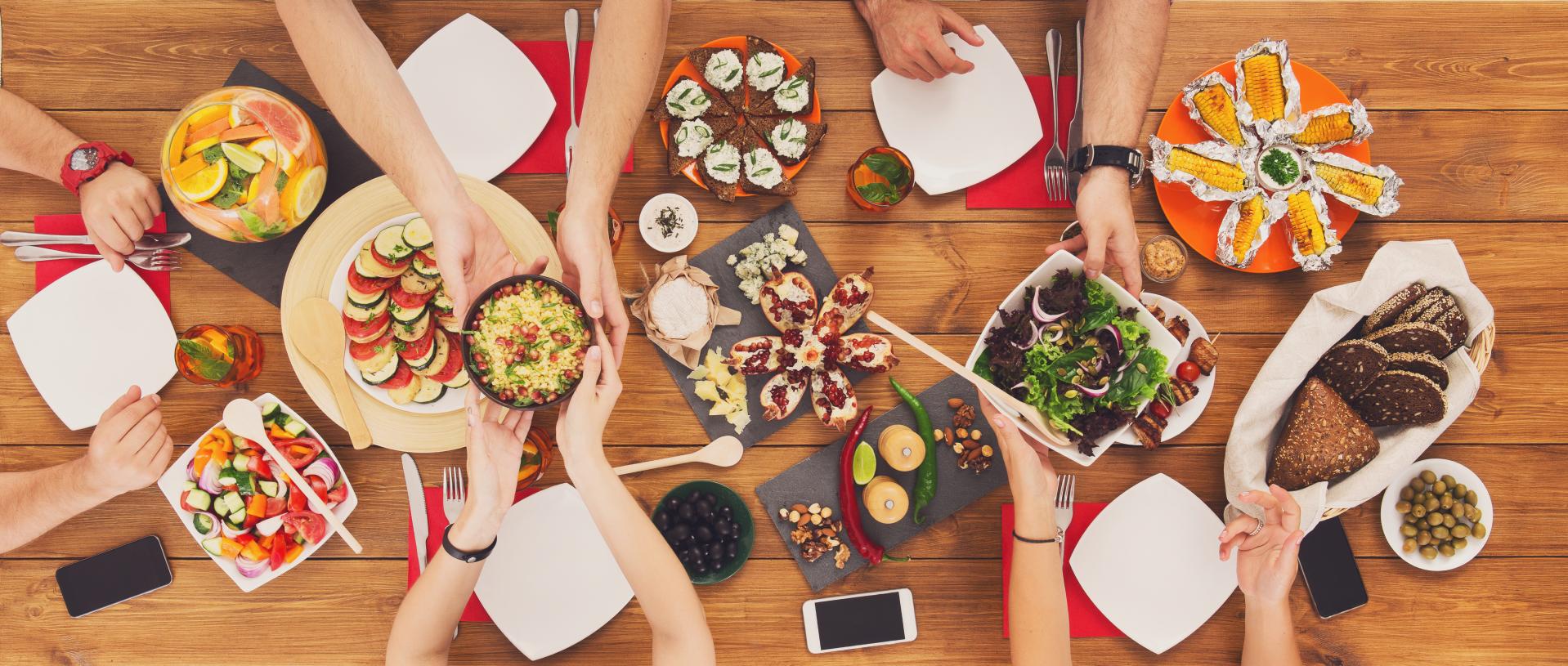Diet after Lipo
Liposuction can be a powerful way to remove stubborn fat and contour your body. But the procedure is only part of the journey, your diet after liposuction plays a crucial role in healing, reducing swelling, and maintaining results. The days and weeks after surgery are a critical time for your body to heal, reduce swelling, and adapt to its new contours. What you eat during this recovery period can make a significant difference in how quickly you bounce back and how well your results hold up over time. Proper nutrition not only supports tissue repair and minimizes inflammation, it also helps you maintain a stable weight so you can fully enjoy your slimmer silhouette. Dallas board-certified plastic surgeon Dr. Azouz emphasizes that the best diet after liposuction is about giving your body the nutrients, hydration, and balance it needs to recover and thrive!
Prioritize Lean Protein for Healing
After any surgery, your body needs extra nutrients to repair tissues and support immune function.
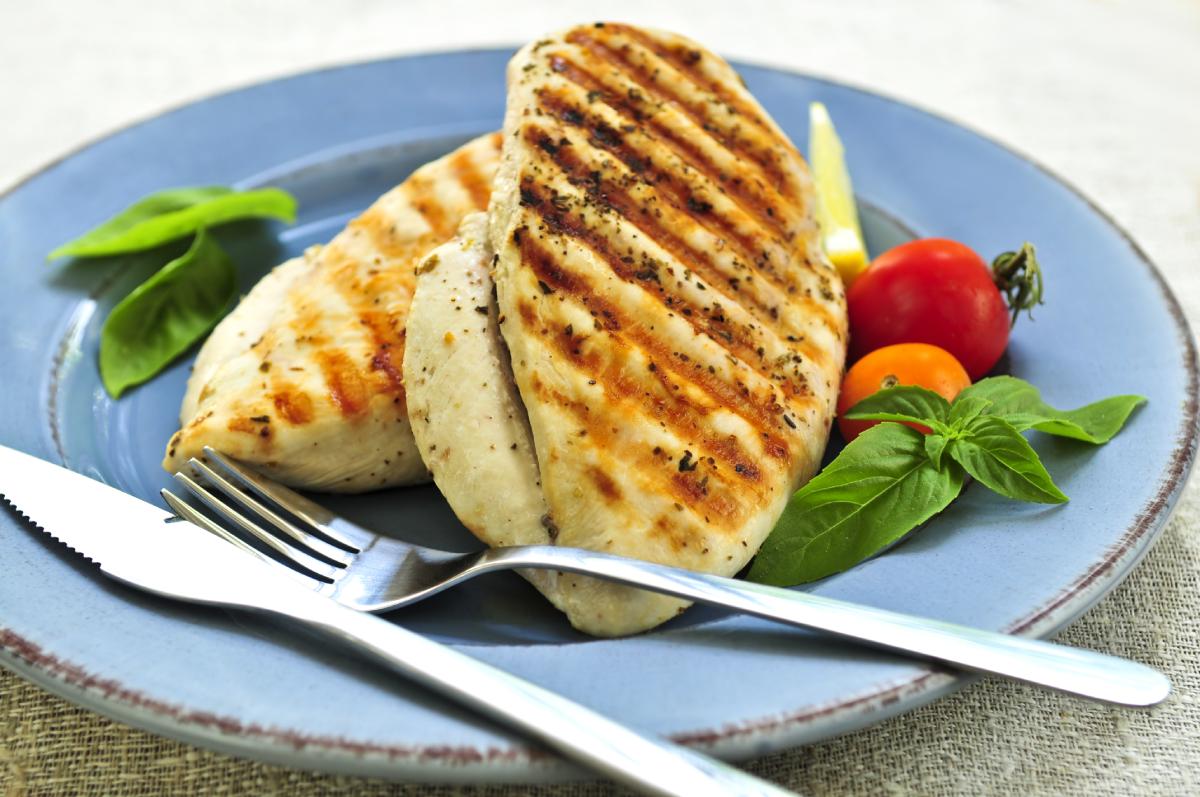
Protein is the building block of collagen, which helps close incisions and minimize scars. A high-protein diet after liposuction can speed up the healing process and keep energy levels steady.
Great choices include:
- Lean Poultry: skinless chicken, turkey
- Fish: cod, salmon, and tuna
- Plant-based options: beans, lentils, chickpeas, tofu
Stay Hydrated
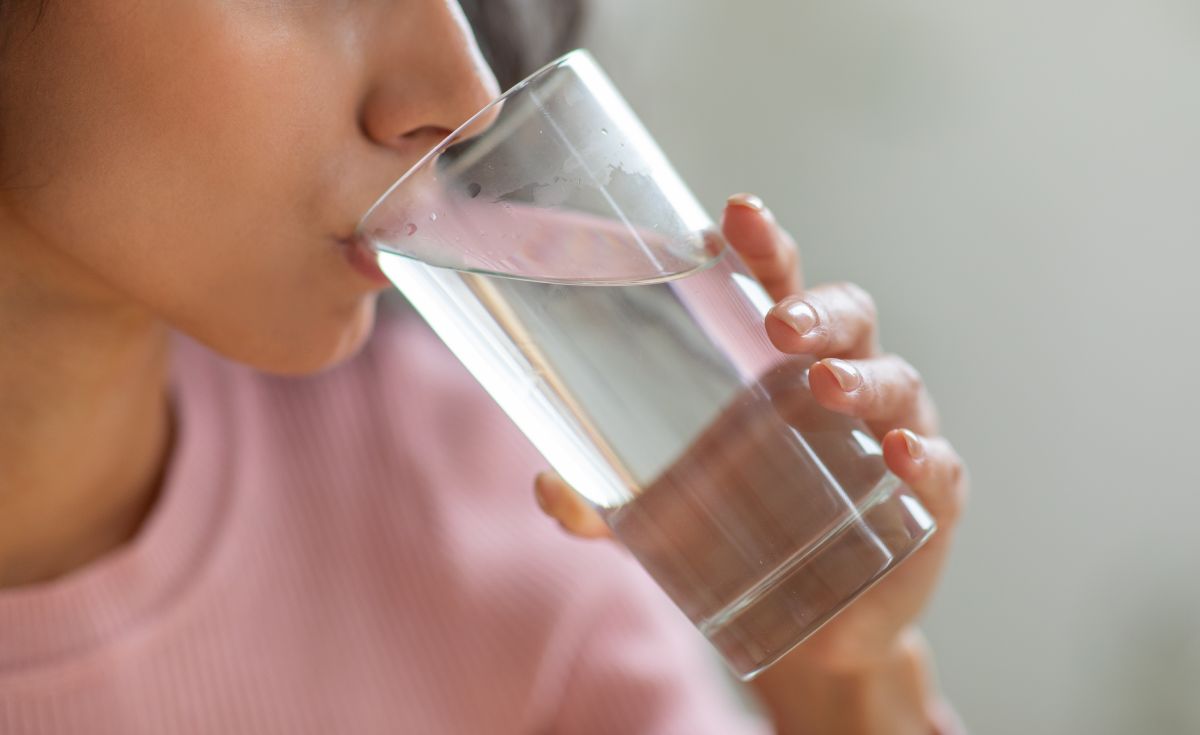
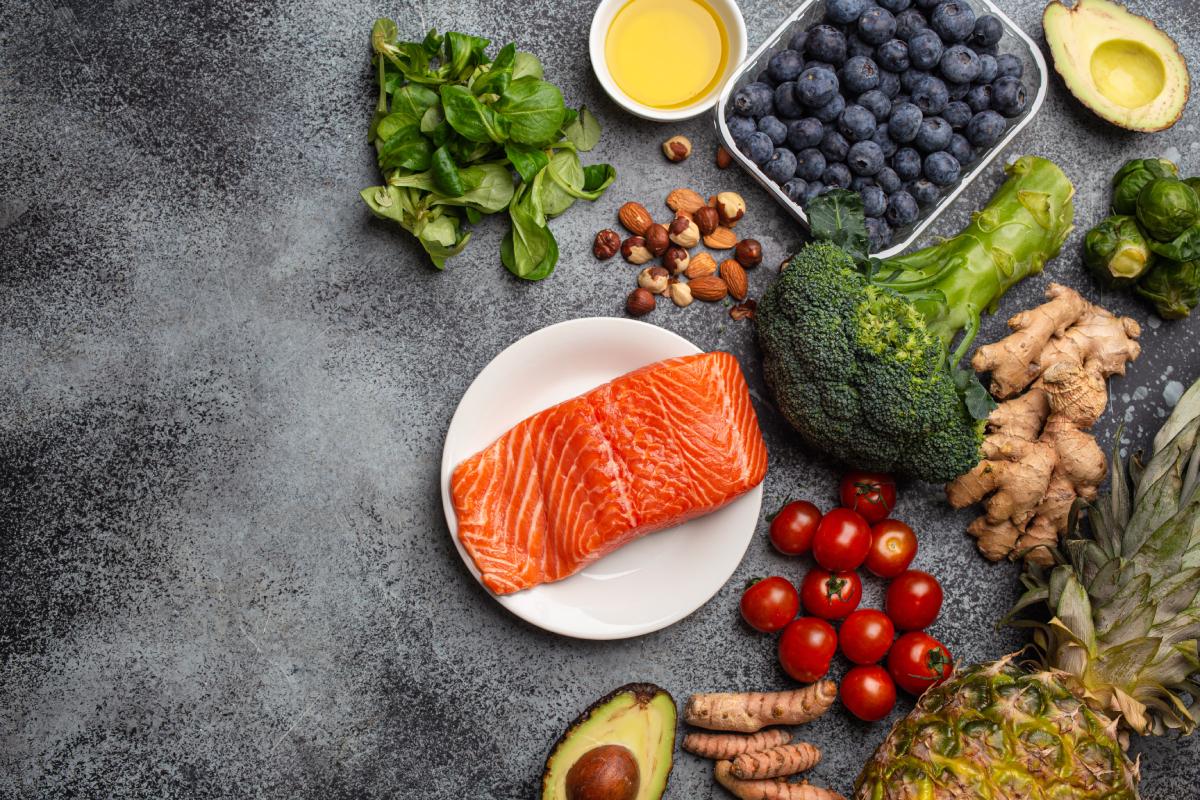
Choose Anti-Inflammatory Foods
Swelling and inflammation are normal after liposuction, but the foods you eat can help bring them down faster. A diet rich in antioxidants and omega-3 fatty acids can make a noticeable difference. These nutrients fight inflammation and provide vitamins your body needs to heal.
Dr. Azouz suggests adding:
- Colorful Berries: strawberries, blueberries, raspberries, and blackberries
- Greens: spinach, kale, broccoli, and cabbage
- Healthy Fats: avocados, walnuts, and olive oil
Limit Salt and Processed Foods
It can be tempting to reach for comfort foods after surgery, but salty or heavily processed meals can slow recovery.
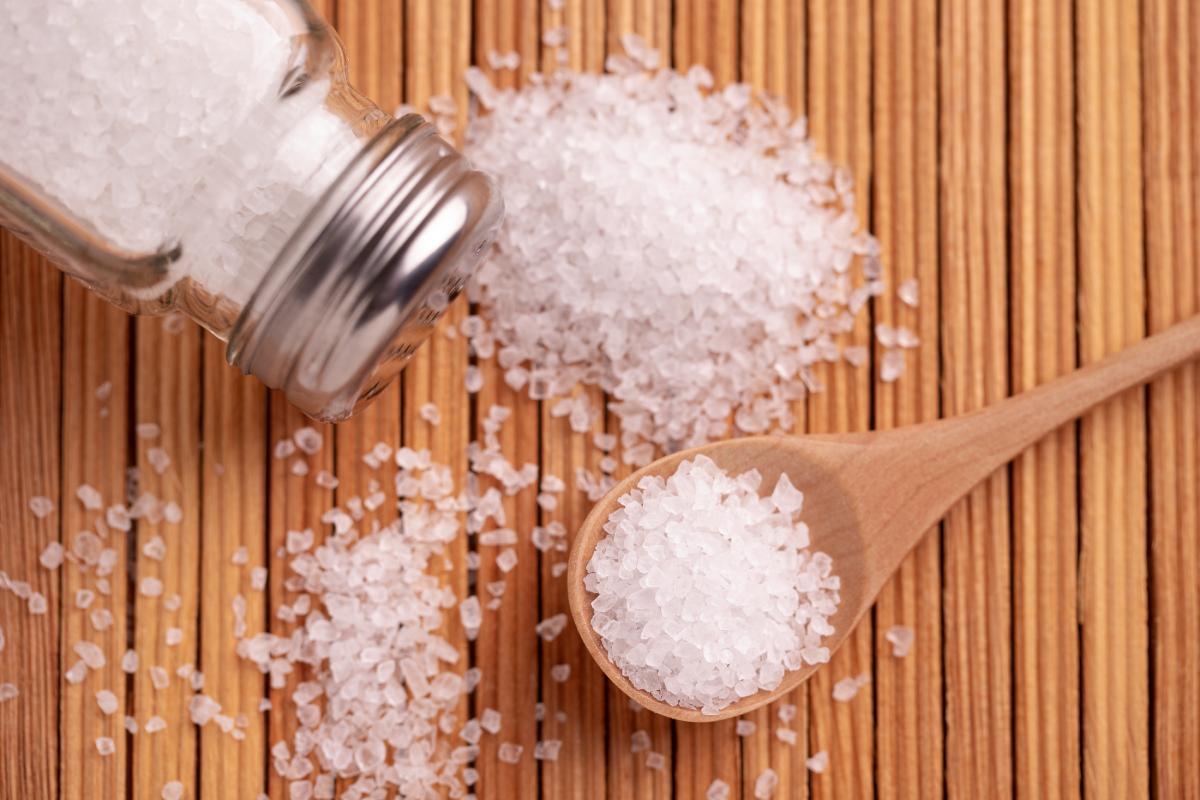
Excess sodium causes your body to hold onto water, increasing swelling and discomfort, especially during the first few weeks. Instead, flavor meals with fresh herbs, lemon, or garlic to keep them tasty without the extra salt.
Avoid:
- Fast food
- Packaged snacks
- Canned soups
Focus on Whole Grains and Fiber
Pain medications and lower activity levels after surgery often lead to constipation. To keep digestion regular, try adding foods that are high in fiber. A fiber-filled diet helps your system stay on track and prevents bloating that can make you feel uncomfortable while wearing compression garments.
Choose:
- Whole Grains: quinoa, brown rice, oats
- Fiber-Rich Fruits: apples, berries, kiwis, and bananas
- Fiber-Rich Vegetables like broccoli, brussel sprouts, sweet potatoes, and kale
- Legumes: lentils, black beans, kidney beans, and peas
- Nuts and Seeds: almonds, chia seeds, and flax seeds
Schedule a Consultation with Dr. Azouz
If you are interested in liposuction or have additional questions about the procedure, contact us online or call us at (972) 702-8888 to schedule a consultation with Dr. Azouz. Board-certified plastic surgeon Dr. Azouz also offers virtual consultations for patients who plan to travel to Dallas for plastic surgery.
Written by Britney Chung and Rhiya Patel on behalf of Azouz Plastic and Cosmetic Surgery
Posted on behalf of
